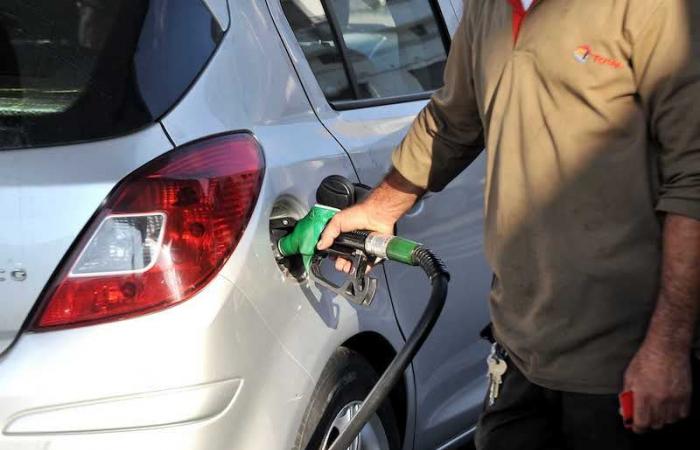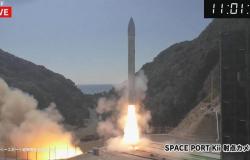Contrary to the global trend, diesel prices in Morocco are not falling. At least, that’s what the professionals report. Fierce defender of the kingdom’s energy future and citizens’ purchasing power, El Houssine Yamani, SG of the National Union of Oil and Gas Industries under the CDT, pleads for an overhaul of the oil regulatory framework.
According to him: if fuel prices had not been liberalized, prices, according to the average of international prices, should not have exceeded 9.98 dirhams per liter for diesel and 11.06 dirhams per liter for gasoline, during the second half of the current month of December. However, the reality of the prices applied at service stations says a lot about the impact of this controversial measure.
In a reaction sent to Hespress FR, the SG of the National Union of Oil and Gas Industries under the CDT specifies that a quick reading of the average sales prices practiced in 2024 reveals an alarming situation: the average price of a liter of diesel amounts to 12.16 dirhams, an increase of 1.5 dirhams compared to prices before liberalization. “This increase represents a direct additional cost for consumers and generates around 10 billion dirhams in profits deemed excessive.”, he laments. On the gasoline side, the observation is even more damning: the liter sells on average at 14.20 dirhams, recording an increase of more than 2.20 dirhams compared to the prices practiced before liberalization, in turn generating 2 billion dirhams in additional earnings for operators in the sector. Thus, by combining these margins, the exorbitant profits on fuels in 2024 reach a staggering total of almost 12 billion dirhams.
Furthermore, the economic burden inflicted on Moroccan consumers due to the liberalization of fuel prices far exceeds simple financial calculations. This is a major blow to their purchasing power, already weakened by persistent inflation and stagnant incomes. Faced with such a situation, it is imperative to recognize with transparency and courage that the decision to liberalize fuel prices was a major strategic error.
This policy, adopted in the hope of rationalizing costs and freeing the market, backfired on its initial objectives. It has allowed certain economic actors to maximize their profits to the detriment of the general interest. “Today it is clear that this decision requires a profound review and rapid adjustments”, urges El Houssine Yamani.
The solution involves a series of structuring and bold measures. First of all, he explains: the repeal of the liberalization of fuel prices is a priority. It is essential that the State resumes its role as regulator in order to protect citizens against speculative excesses. This could be accompanied by a reduction in the tax burden on petroleum products, in order to make fuels more accessible.
A fierce defender of Samir, Yamani assumes that it is now crucial to revive oil refining activities and promote national oil exploration. The resumption of the refinery Samirwhich has been at a standstill since 2015, must become a priority issue for the government. This strategic infrastructure could help reduce Morocco’s energy dependence and offer a local alternative to the massive importation of refined products.
Furthermore, it is necessary to structure the sector through the creation of a National Energy Agencywhose mandate would be to supervise and regulate all activities linked to fossil fuels. Although Morocco has invested in renewable energy, oil energy still represents more than 52 % of the national energy mix. This figure underlines the importance of a solid regulatory framework to govern this essential resource.
“Morocco must accelerate the integration of natural gas into its energy matrix, with a view to diversifying its sources and reducing its dependence on traditional fossil fuels.”, he adds.
In this context, a crucial point remains unanswered: what is the government’s position on the future of the refinery Samirhe asks himself. This company, once a strategic pillar for the national energy supply, has been shut down for almost nine years.
“While the international arbitration case seems to be coming to an end, those concerned are wondering about the government’s real intentions. Is there a concrete plan to reactivate this vital infrastructure, or will we continue to resort to inertia and indifference”, asks Yamani, who believes that history will judge whether this period was marked by a burst of responsibility or by failing management.
Past mistakes should not be a hindrance, but rather a lesson. Morocco has all the necessary resources to review its strategic choices and direct its energy policy towards a more just, equitable and sustainable model. “However, this step requires firm political will and concrete actions”, he concludes.






